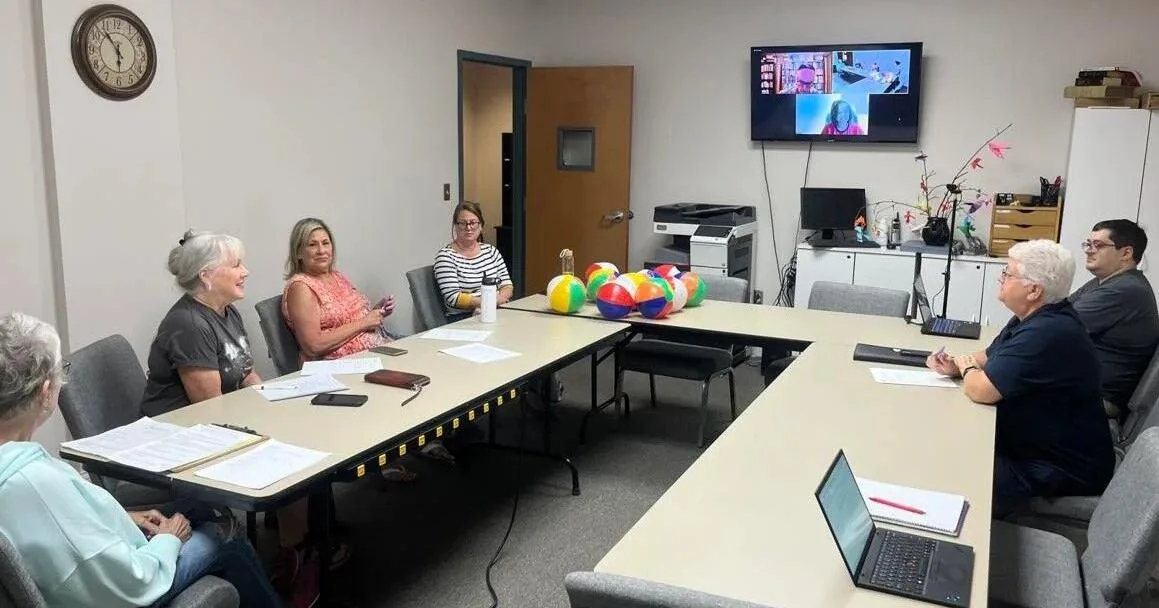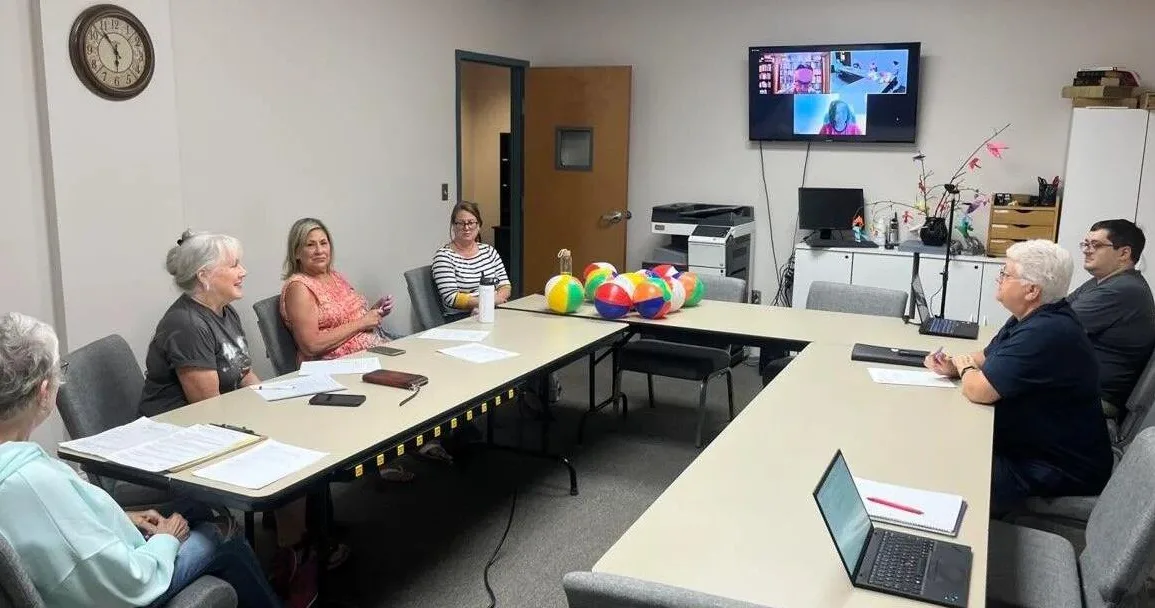
FAIRMONT — On Wednesday evening, the Fairmont Human Rights Commission hosted an emergency meeting to explain the purpose of a survey currently under development that will examine residents’ experiences with “city officials.”
During the meeting, HRC members addressed confusion from community members over how questions about policing will arise in the survey, and emphasized their gratitude for the Fairmont Police Department.
The meeting was attended by HRC members, members of the local community, and Fairmont Police Chief Steve Shine.
Members of the HRC shared a draft of the survey with Shine, who said that he felt better after seeing that the survey had a broad focus, asking questions about things like access to resources and services.
HRC members underscored that the survey will inquire about community experiences with a wide range of “city officials,” ranging from first responders to individuals overseeing zoning laws and other administrative duties.
The HRC serves local officials in an advisory capacity, said HRC President Cyndy Straight. By broadly examining community experiences, Straight said the HRC hopes to pinpoint ways they can advise city leaders on ways to improve the quality of life in Fairmont.
The survey will help the HRC determine “what our priorities are,” she added, and not center exclusively on policing.
The HRC would never “discredit the Fairmont Police Department in any way,” Straight said.
Throughout the meeting, HRC members and Shine addressed an Aug. 24 article in the Times West Virginian, which Shine said led him to contact the HRC to discuss how the survey would ask residents about policing.
Shine said he was unsure about statistics cited in the article, which stated that Black individuals are arrested at a higher rate 210% than white individuals in Fairmont.
Shine said that structural issues nationwide elicit racial disparities in the criminal justice system, but that Fairmont police are committed to supporting the needs of individuals regardless of their race.
To determine its own statistics, Shine said the Fairmont Police Department has to build reports on the database that contains its arrest information.
Shine said that reviewing the police department’s own database showed that among “all arrests we had in the Fairmont Police Department between 2012 and 2021,” 17.8% of individuals arrested were Black or biracial.
Shine noted that this rate “doesn’t exactly match up with what the makeup of the community is.” In the 2020 U.S. Census, 7% of Fairmont residents identified as “Black or African American alone,” and 7.26% identified as “two or more races.”
But Shine noted that local police have made a concerted effort to work with residents in need and connect individuals struggling with mental health, drug addiction, or housing issues with resources that can support their needs.
“This meeting, I just wanted to make sure that you guys recognize that we’re trying and that we’re making efforts to be more successful,” Shine said to meeting attendees. Shine added that he wants to make sure potential police recruits know they have community support when applying.
HRC members thanked Shine for attending, and echoed their gratitude for local police.


